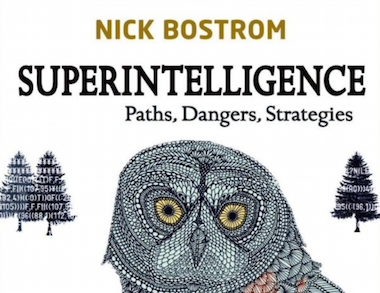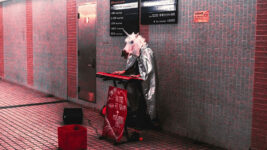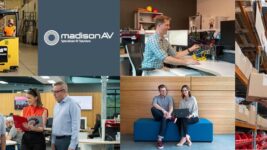News
4 Sep 2016
Tech Tidal Wave. Strap yourself in, the surge has started

Subscribe to CX E-News
Singapore has commenced its autonomous taxi trial this week. A startup called nuTonomy got the jump on Google, Uber, Apple, Tesla and Mercedes Benz who all desperately want to own the self driving car ‘space’.
Uber didn’t exist in Australia three years ago and is now the largest ‘taxi’ transport entity there, but it lost over a billion dollars worldwide this year. Presently it takes 20% or 25% of each trip payment, and pays the balance to its driver ‘partners’ each Tuesday. They in turn are obliged to pay tax, and tax offices around the world pursue Uber for payment data and try to chase down the drivers.
Uber plan to keep 100% of each trip payment from passengers (‘Riders’), using autonomous cars. States will try to tax the cars via registration fees, and tax offices will lose the little they currently scrape back from Uber drivers who – CX finds – are mostly ignorant about their tax affairs.
Meanwhile under the oceans a new tech war is underway between the USA and China, whose militarys are racing to refine miniature submarine drones, some as small as a motorbike. These and even smaller devices are not only possible but exist, and authors P.W. Singer and August Cole detail a strange new world in their book ‘Ghost Fleet’. While fiction, it paints a fascinating picture of how technology has overtaken traditional military hardware – rendering things like submarines and Joint Strike Fighters obsolete.
Singer and Cole are incredibly credentialed and write of a near future where swarms of nano drones overwhelm traditional platforms shutting down systems and grids.
Now Kenworth, Volvo, and Daimler are racing to bring autonomous trucks to market, using data from a recent test drive across Europe to pressure the E.U. to approve the technology. They will demonstrate that removing a human driver produces a trip cost reduction by removing the wage, removing the risk of human derived accidents, and reducing both fuel burn and maintenance.
While dramatically reducing transport costs, once introduced the autonomous truck will immediately throw a significant number of drivers onto the unemployment queues. Not all drivers – it is highly likely a human driver will be mandated in denser city areas.
Immediately a cascade starts, with profits soaring for transport clients, and input costs coming off which brings deflationary pressures on economies. Insurance companies shrink as truck premiums freefall, states try to increase taxes on the trucks and fail under the weight of lobbyists and political donors. Roadhouses and transport reliant hubs and towns go or change.
Governments grapple with the displacement of workers. Switzerland recently discussed a Basic Income social dividend, where people are awarded a living wage irrespective of their employment status. The social disruptions needed to force this may come from an era of chaos that could start within this decade. This is bothering Governments right now more than most of us know.
Before society has restructured itself to avoid dystopian scenes such as middle class people scavenging for food in Venezuela, the greatest tech breakthrough of all time will happen when Artifical Intelligence arrives.
From the Financial Times magazine in July: “So what tops the Future of Humanity Institute in Oxford’s list of existential threats? A man-made one: that rapidly advancing research into artificial intelligence might lead to a runaway “superintelligence” which could threaten our survival. The 43-year-old philosopher (Nick Bostrom) is himself a notable expert on AI and the author of Superintelligence, a startling and controversial book that discusses what he describes as “quite possibly the most important and most daunting challenge humanity has ever faced.”
It is closer than most people know, some experts say the threshold for true A.I. moving on to Superintelligence (S.I.) is as close as the end of THIS decade.
How does this sit with YOUR place in the world? We will always need teachers, doctors, nurses and face to face customer service roles but think for a minute how corporations and Governments will automate anything that can be automated within these professions?
Logic would say there should be a tax on removing a job in favour of a machine, but that horse has bolted without anyone ever figuring out a way to do it.
By Julius Grafton
Sunday 4 September 2016
Subscribe
Published monthly since 1991, our famous AV industry magazine is free for download or pay for print. Subscribers also receive CX News, our free weekly email with the latest industry news and jobs.




